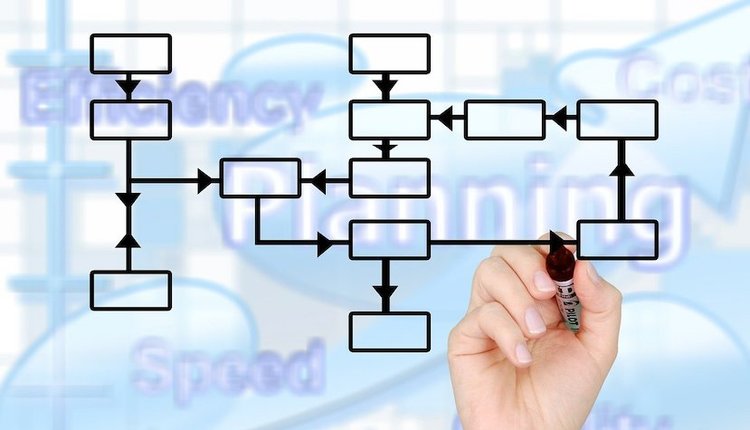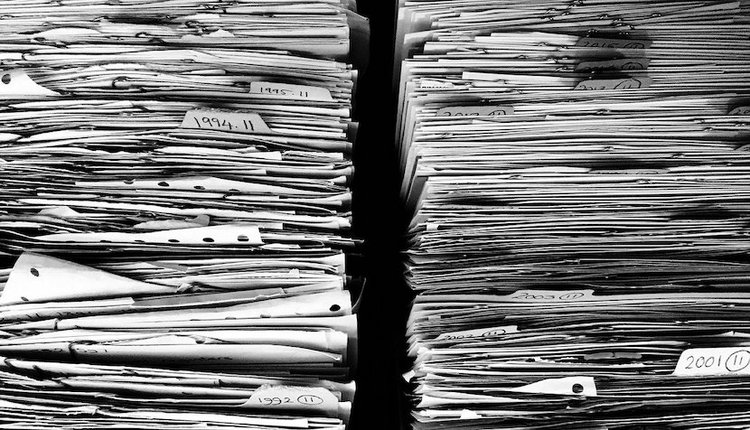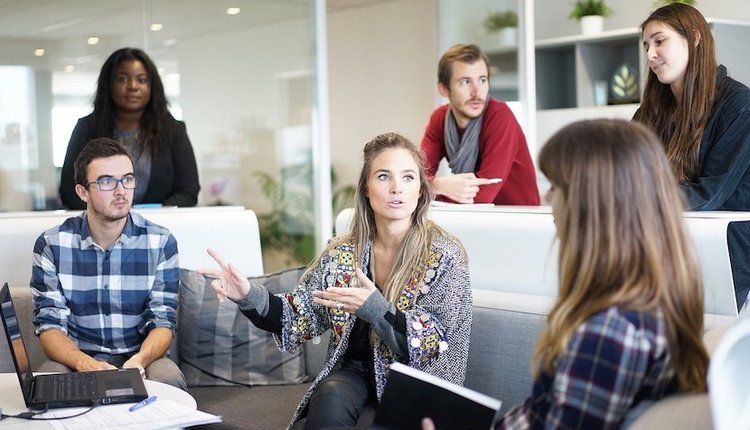
Image by: Bannosuke, ©2016 Getty Images
We classify documents as we classify our memories. For documents, we use categories like "Type of Document" (e.g., invoice, bank statement, contract, video presentation, etc.), "Date of Document," "Number of Document," "Subject," "Entity," and so on. For memories, we use similar metadata fields, such as the people with you, location, date, state of mind (i.e., happy, sad, hungry, etc.), and feelings. So, we have both metadata fields as well as select lists for alternative content in a particular field.
We all have a huge number of memories—most likely, a lot more than documents. In our internal workflow manager, some of those memories, after following a predefined “retention and destruction” group of policies, are either sent to a "recycle bin" or to a "task list," where we can look at them every now and then. Those that go to the task list can then be ordered by date, subject, company, etc. Once we open one of those memories, we can relate it to others based on some sort of criteria, as we do with documents when we relate a particular invoice to the purchase orders that are behind it.
Bad memories go to the recycle bin as per instructions. Once there, only an expert can bring them back. This is very similar to documents that go to the recycle bin or get deleted. Eventually, they may be recovered but not by the day-to-day user. Our lives are so much easier when we have clear destruction policies and we follow them. Like the saying goes, “The first to apologize is the bravest. The first to forgive is the strongest. And the first to forget is the happiest.” Documents that follow a clear, legal, and published policy of destruction can get us off the hook in legal matters, and that should make us very happy.
Yet, paying attention to retention rules is very fulfilling as well, like remembering anniversary dates of family and friends, asking our kids about the test at school that day, remembering the name of the bloke that sells your newspaper every day, and so on. The same can be applied to documents—if the retention policies are correct, we shouldn't have any operational or legal problems.
The road upon which we drive our companies is more or less bumpy according to how careless we are with our documents. So are our lives in relation to our memories. Be it a memory or a document, we are either happy or we learn. Life will present us with as many “learning” situations as needed, so the quicker we learn, the better.
Yes, you are right. This is not a usual article on information management, but the new year is approaching. After all, this is when we all tend to look inside our repository of memories and try to improve—or at least we should. Isn’t it what we do with our document repositories as well?
Let’s use our memories to improve our lives the same way we use documents to improve the company’s profits. A very happy New Year!
Joao Penha-Lopes specializes in document management since 1998. He holds two postgraduate degrees in document management from the University Lusofona (Lisbon) and a PhD from Universidad de Alcala de Henares (Madrid) in 2013, with a thesis studying the economic benefits of electronic document management (EDM). He is an ARMA collaborator for publications and professionally acts as an advisor on critical information flows mostly for private corporations. Follow him on Twitter @JoaoPL1000.















